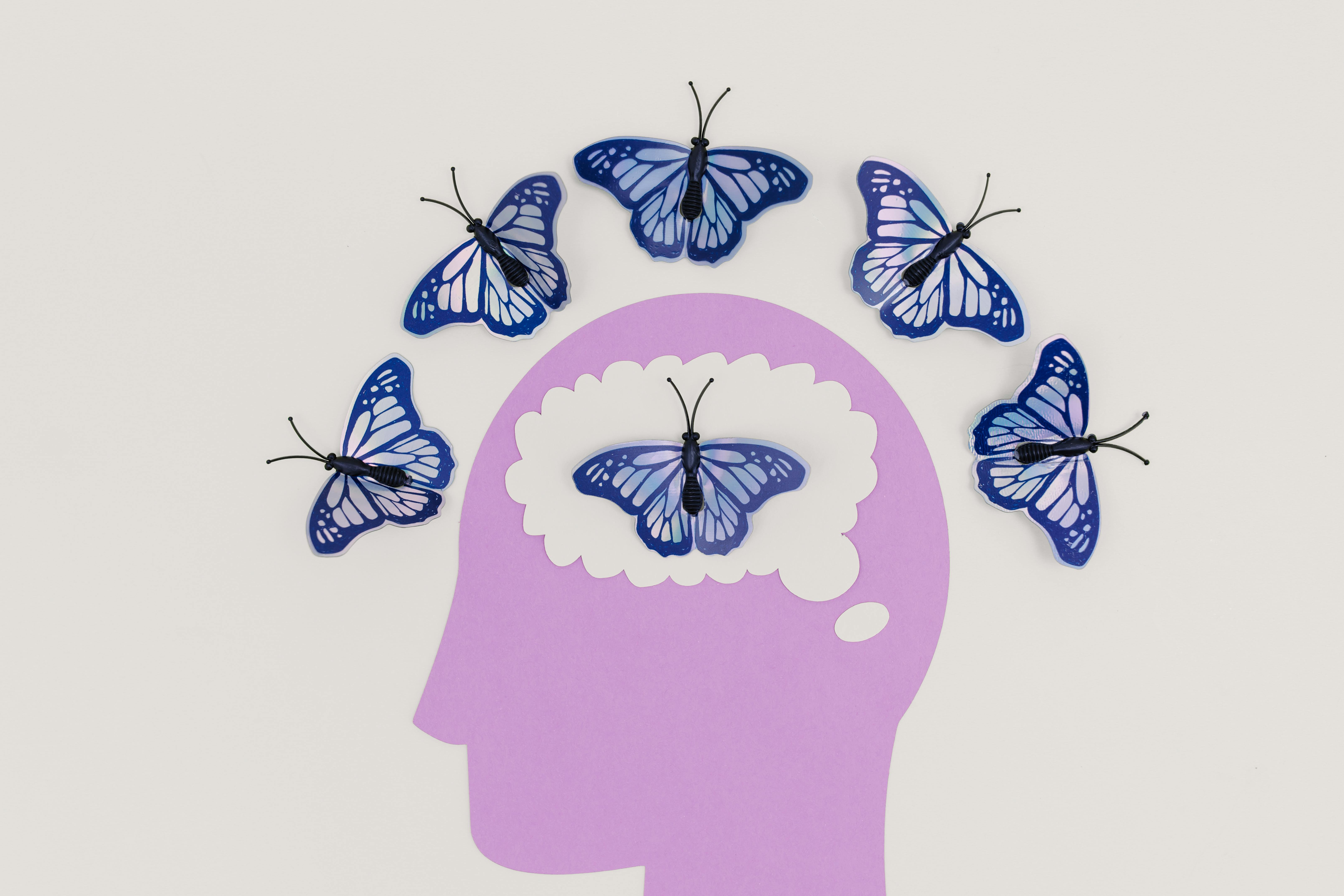Anger Management: Strategies for Emotional Control
Anger can feel explosive, but managing it doesn’t mean suppressing it—it means channeling it in a healthy way. Recognizing triggers, taking a moment to breathe, and even stepping away can help you respond calmly rather than react impulsively. Mastering anger management isn’t about bottling up feelings but about using that energy constructively, keeping both your mind and relationships intact.









